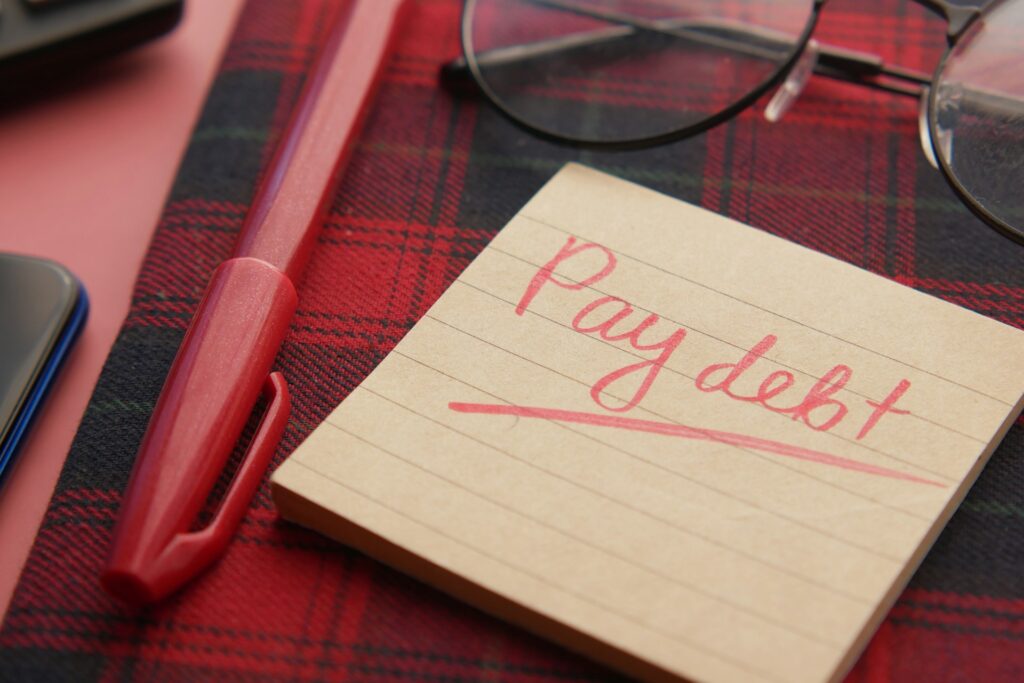Debt can be a significant burden for many individuals and families, impacting not only their financial well-being but also their overall quality of life. However, with the right strategies and mindset, achieving a debt-free future is not only possible but also highly rewarding. In this article, we will explore some proven strategies for taking the road less debt and paving the way towards a more secure financial future. Whether you are looking to pay off existing debt or avoid accumulating more in the future, these practical tips and insights can help you on your journey to a debt-free future.
Developing a Financial Plan for Debt Elimination
When it comes to eliminating debt, having a solid financial plan in place is crucial. By carefully strategizing and implementing a plan, you can effectively tackle your debts and work towards a debt-free future. Here are some key steps to consider when :
- Assess Your Current Financial Situation: Before you can create a plan to eliminate debt, it’s important to have a clear understanding of your current financial situation. Take stock of all your debts, including the total amount owed, interest rates, and monthly payments.
- Set Clear Goals: Establishing specific and achievable goals for debt elimination is essential. Whether you want to pay off a certain amount by a specific date or eliminate high-interest debts first, setting clear goals will help keep you focused and motivated.
Exploring Debt Consolidation Options
When considering debt consolidation options, it’s important to explore the various methods available to help manage and simplify your financial obligations. One option to consider is a debt consolidation loan, where you combine multiple debts into a single loan with a fixed interest rate and monthly payment. This can help streamline your payments and potentially save you money on interest over time.
Another option to explore is a balance transfer credit card, which allows you to transfer high-interest credit card balances to a card with a lower or zero percent introductory APR. This can be a helpful tool to consolidate and pay off debt more efficiently. Additionally, working with a reputable credit counseling agency can provide you with personalized guidance and a debt management plan to help you tackle your debts effectively. It’s important to carefully research and compare these options to determine which one aligns best with your financial goals and needs.
Utilizing Budgeting Techniques to Accelerate Debt Repayment
One effective way to accelerate debt repayment is by utilizing budgeting techniques. By carefully planning and managing your finances, you can prioritize paying off your debts faster and more efficiently. One key strategy is to create a detailed budget that outlines your income, expenses, and debt obligations.
Consider implementing the following budgeting techniques to help you accelerate your debt repayment:
- Track your spending: Keep a record of all your expenses to identify areas where you can cut back and redirect those funds towards paying off your debts.
- Set specific goals: Establish clear and achievable debt repayment goals to stay motivated and focused on your financial objectives.
- Automate payments: Set up automatic payments for your debts to ensure that you never miss a payment and incur additional fees or interest charges.
Investing in Financial Education for Long-Term Debt Management
When it comes to managing long-term debt, investing in financial education is key. By equipping yourself with the knowledge and understanding of how debt works, you can make informed decisions that will benefit your financial future. Financial education can help you develop strategies for paying off debt efficiently, avoiding unnecessary debt, and planning for the long-term.
One of the most important aspects of financial education for long-term debt management is understanding the different types of debt and their implications. By knowing the difference between good debt (such as a mortgage or student loans) and bad debt (such as high-interest credit card debt), you can prioritize paying off debt with the highest interest rates first. Setting achievable financial goals, creating a budget, and building an emergency fund are also essential elements of effective long-term debt management strategies.
The Way Forward
In conclusion, taking the road less debt is not always easy, but it is certainly worth it in the long run. By implementing smart strategies and making conscious financial decisions, you can pave the way towards a debt-free future. Remember, it is never too late to start taking control of your finances and working towards a more secure financial future. So, take charge of your financial well-being and start your journey towards a debt-free life today.




